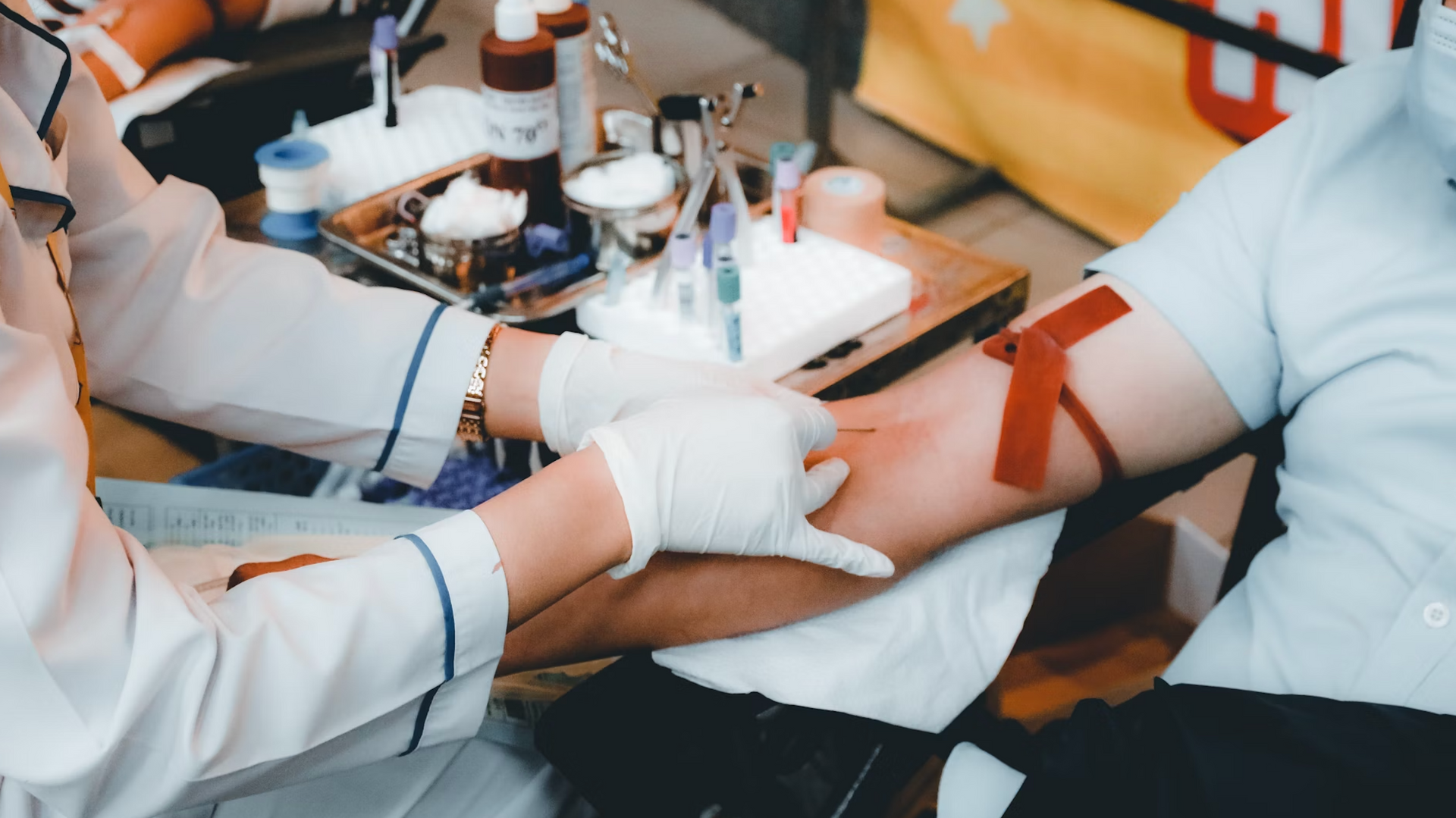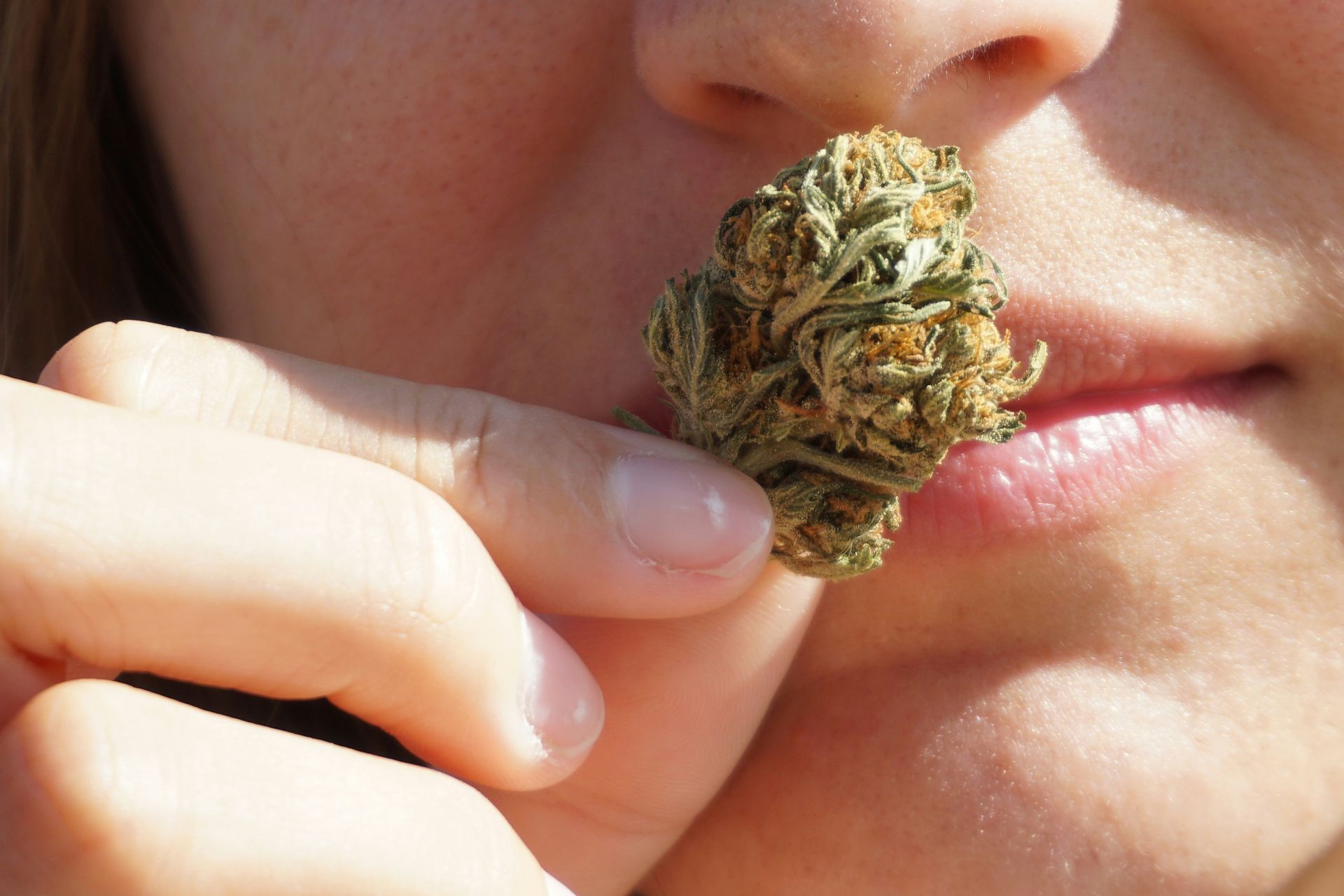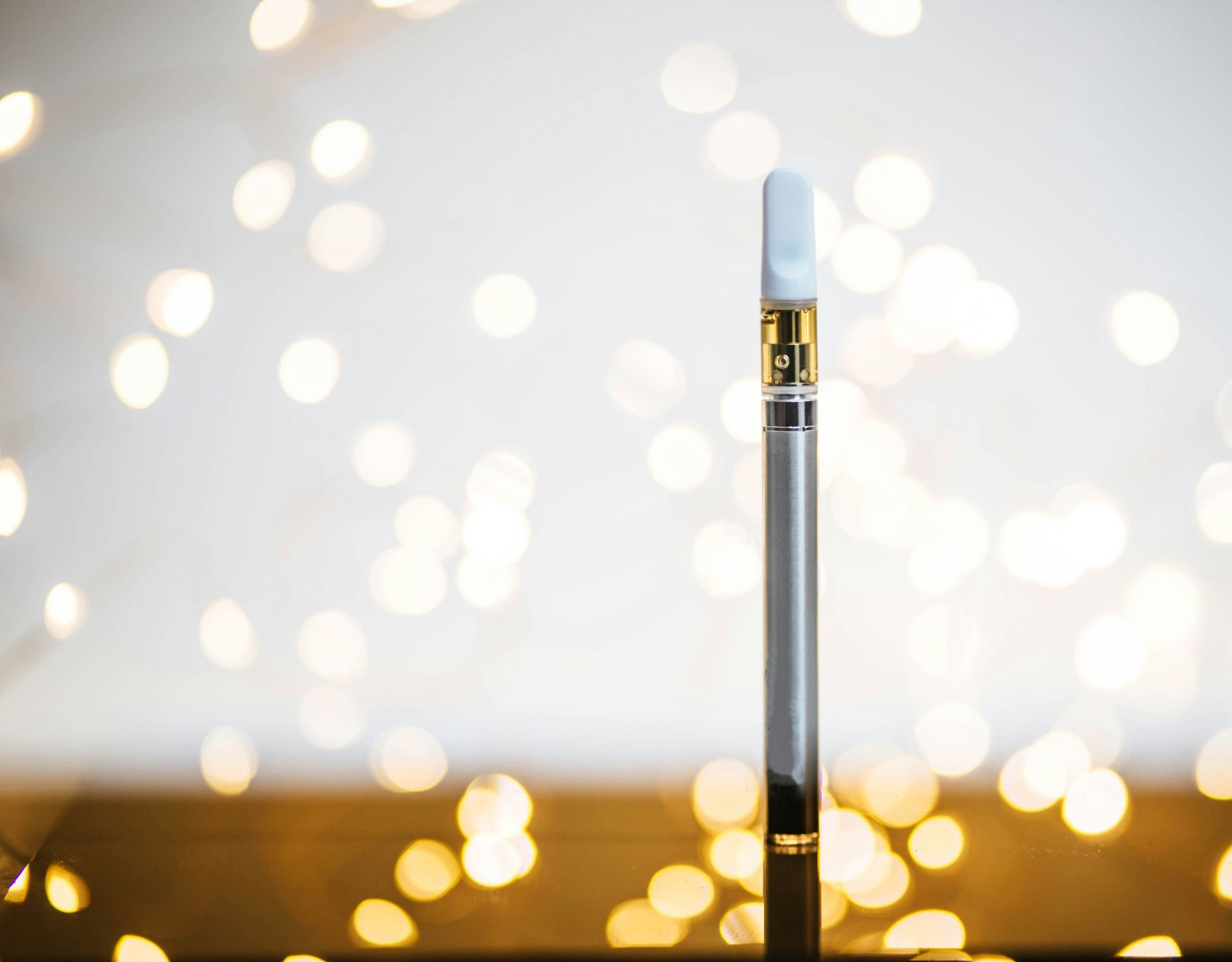
Blood donation is a critical part of healthcare and can save numerous lives. However, there are specific guidelines in place to ensure the safety and quality of donated blood. Marijuana, being a widely used recreational drug, raises questions about blood donation eligibility.
Join us as we embark on a journey to navigate through the complexities of the blood donation process in relation to marijuana usage. In this blog, we'll delve into the legal considerations and ethical implications surrounding this contentious topic.
Whether you're a regular blood donor, a cannabis enthusiast, or simply curious about the intersection of health policies and personal freedoms, this exploration promises to illuminate the nuances of an issue that lies at the crossroads of medical ethics and individual rights.
What Are the Guidelines for Blood Donation Eligibility if I Consume Marijuana?
The guidelines for blood donation eligibility vary depending on the organization and country, but generally, individuals who consume marijuana are still eligible to donate blood as long as they are not under the influence of the drug at the time of donation. Some organizations may have specific policies regarding drug use, so it is important to check with the blood donation center beforehand.
It is important to note that the safety of the blood supply is a top priority, so individuals who engage in high-risk behaviors due to their marijuana use may be deferred from donation. Overall, as long as an individual meets the general eligibility criteria for blood donation and does not pose any risk to the safety of the blood supply, consuming marijuana should not necessarily disqualify them from donating.
How Long Should I Wait After Consuming Marijuana Before Donating Blood?
After consuming marijuana, it's advisable to wait at least 24 hours before donating blood to ensure you're not under the influence and to allow the psychoactive effects to dissipate fully. While policies may vary among blood donation facilities, this waiting period helps ensure the safety of both the donor and the blood recipient. Always consult with your local blood donation center for their specific guidelines regarding marijuana use and donation eligibility.
Are There Any Risks Associated With Donating Blood if I Consume Marijuana?
Donating blood after consuming marijuana can pose risks due to potential impairment, affecting the donor's ability to provide accurate medical history or react to the donation process. While the psychoactive compounds in marijuana generally do not transfer to donated blood, concerns about recipient safety exist if the donor is intoxicated during the actual donation time. Additionally, there may be health concerns for donors, such as increased heart rate or blood pressure, which could impact the donation process or their well-being.
Do Blood Donation Centers Test for Marijuana Use?
Blood donation centers typically do not routinely test for marijuana use due to the associated costs and the focus on screening for infectious diseases. Instead, they rely on donor self-reporting and observe for signs of impairment during the screening process. If a donor admits to recent marijuana use or exhibits impairment, they may be deferred from donating blood. However, if marijuana is detected in donated blood during routine testing, the donation may be discarded, and the donor may face temporary or permanent deferral.
What Advice Do Medical Professionals Offer Regarding Blood Donation for Marijuana Users?
Medical professionals advise marijuana users to adhere to blood donation guidelines, including abstaining from marijuana before donating and ensuring they're not under its influence during the donation process. While marijuana use doesn't necessarily disqualify donors, users should follow safety precautions to avoid potential impairment. Concerns include potential cardiovascular effects and impaired judgment, which could compromise the donation process. It is important to consider how marijuana use may affect the donor's overall health and well-being before donating. And to discuss any concerns with their healthcare provider before donating blood.
What Are the Legal Implications of Donating Blood After Consuming Marijuana?
The legal implications of donating blood after marijuana use vary by jurisdiction. In some regions, there may be no specific laws prohibiting blood donation after marijuana consumption, but donors are typically required to disclose drug use honestly. However, in areas where marijuana remains illegal, donating blood while under its influence could potentially lead to legal consequences. Laws and regulations surrounding blood donation and marijuana use differ significantly between jurisdictions, so potential donors should familiarize themselves with local statutes and guidelines.
Can I Donate Blood if I Have a Medical Marijuana Card?
According to the American Red Cross, having a medical marijuana card does not necessarily disqualify an individual from blood donation as long as you are feeling well and meet all other eligibility criteria. There are often no distinctions in rules between medical and recreational cannabis users; both must adhere to blood center guidelines regarding drug use and eligibility.
What Research or Studies Exist on the Topic of Marijuana Use and Blood Donation?
Research on marijuana use and blood donation is limited. While some studies examine the effects of cannabis on blood components, few specifically address its impact on donation safety or efficacy. Current findings suggest potential risks, such as impaired judgment, but comprehensive conclusions regarding donation safety for marijuana users are lacking, necessitating further research in this area.
Are There Alternatives to Traditional Blood Donation for Marijuana Users?
Alternative donation methods, such as platelet or plasma donation, may be available to marijuana users who are ineligible for whole-blood donation. Some organizations offer programs allowing individuals deferred from blood donation to support blood supply efforts through volunteer work or by encouraging others to donate. However, specific alternatives for cannabis users may vary depending on the policies of individual donation centers.
What is the Stance of Blood Donation Organizations on Marijuana Use and Donation Eligibility?
Many blood donation organizations, including the Red Cross, have policies in place that prohibit individuals from donating blood if they have used marijuana within a certain period of time. This is because marijuana use can affect the quality of donated blood and potentially harm recipients. As a result, individuals who use marijuana may be ineligible to donate blood, impacting their ability to contribute to blood donation efforts.
In conclusion, the intersection of marijuana use and blood donation remains a complex and evolving issue. While there are concerns about impairment and potential adverse health effects to the donor and recipient, definitive conclusions are hindered by a lack of comprehensive research. As societal attitudes toward cannabis continue to shift and medical understanding evolves, blood donation companies and organizations must adapt their policies accordingly. Ultimately, fostering open dialogue, conducting further research, and prioritizing both donor safety and blood supply efficacy are essential in navigating this intricate terrain.






